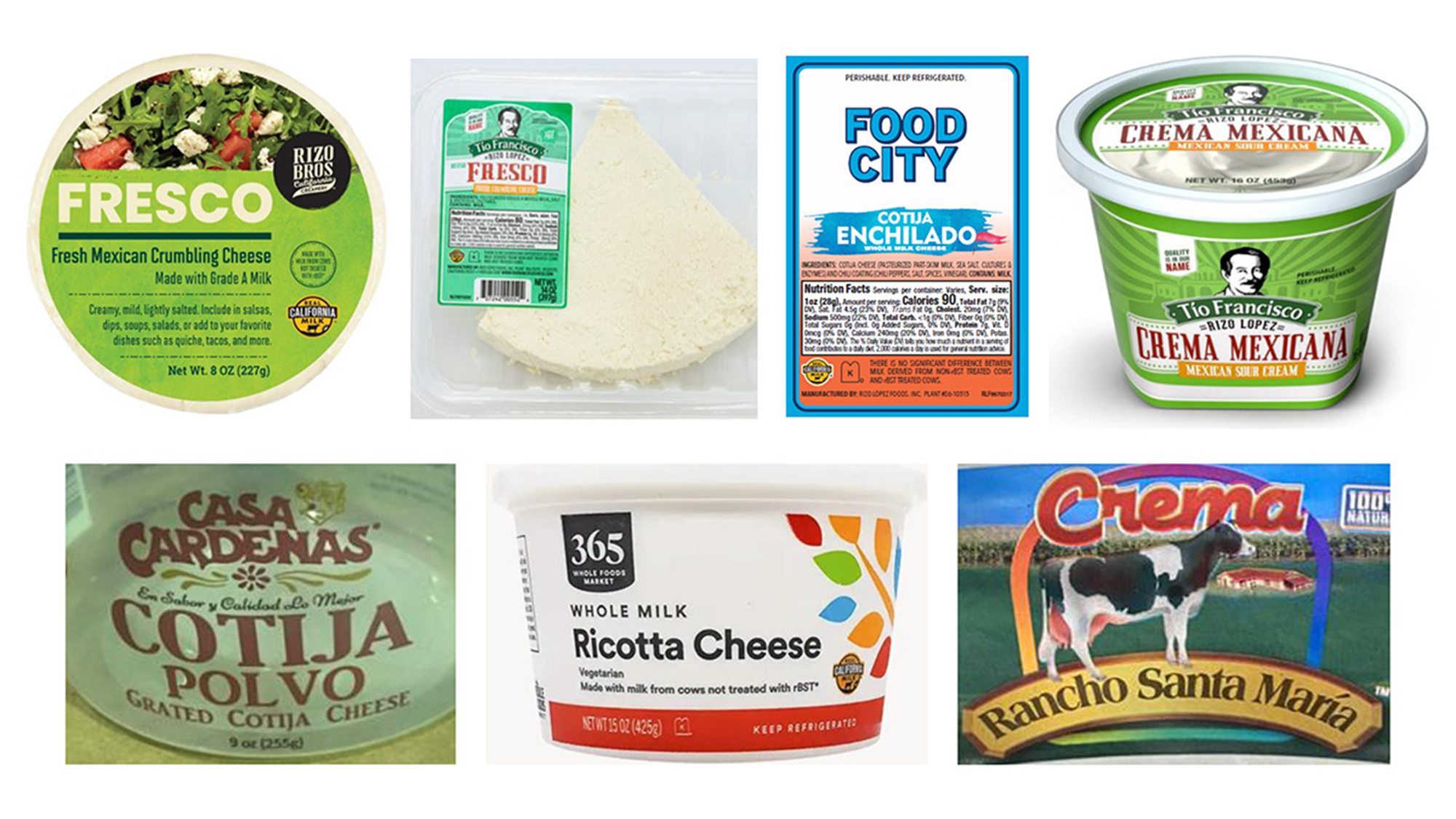In recent years, the popularity of ramen has surged worldwide, but with this increase, concerns about food safety have also risen, particularly regarding listeria contamination. Ramen, a beloved dish that originated in Japan, is now a staple in many households and restaurants. However, the recent reports of listeria outbreaks linked to ramen products in 2024 have raised alarms among consumers and health officials alike. This article delves into the risks associated with listeria in ramen, the measures that can be taken to ensure safety, and what consumers need to know to make informed choices.
As we explore the topic of ramen listeria in 2024, it is essential to understand what listeria is, how it can contaminate food, and the specific conditions under which ramen can pose a risk. With the potential for serious health implications, especially for vulnerable populations, awareness and education are crucial. This article aims to provide comprehensive insights into the subject, backed by credible sources and expert opinions.
By understanding the nature of listeria, the symptoms of infection, and how to prevent contamination, consumers can enjoy their favorite ramen dishes without unnecessary worry. Let's dive into the details of ramen listeria in 2024 and arm ourselves with the knowledge to stay safe and healthy.
Table of Contents
- What is Listeria?
- The Risks of Listeria in Ramen
- How Listeria Contaminates Ramen
- Symptoms of Listeria Infection
- Preventing Listeria in Ramen
- What to Do If You Suspect Listeria
- Government Regulations and Ramen Safety
- The Future of Ramen Safety
What is Listeria?
Listeria monocytogenes is a type of bacteria that can cause a serious infection known as listeriosis. This bacterium is commonly found in soil, water, and animal feces. It can contaminate food products, particularly ready-to-eat items, and can thrive in cold temperatures, making it a unique threat to food safety. Here are some key points about listeria:
- It can grow at refrigeration temperatures.
- Pregnant women, newborns, elderly individuals, and those with weakened immune systems are at higher risk.
- Common sources of listeria include unpasteurized dairy products, deli meats, and ready-to-eat salads.
The Risks of Listeria in Ramen
Ramen, particularly when made with fresh ingredients, can be susceptible to listeria contamination. The risks associated with consuming contaminated ramen include:
- Severe gastrointestinal issues.
- Potential for severe complications in high-risk groups, such as pregnant women.
- Increased medical costs due to hospitalization and treatment.
High-Risk Groups
It is vital to recognize that certain populations are more vulnerable to listeria infection, including:
- Pregnant women: Can lead to miscarriage or stillbirth.
- Older adults: Increased susceptibility to infection.
- Individuals with compromised immune systems: Higher risk of severe illness.
How Listeria Contaminates Ramen
Understanding how listeria can contaminate ramen is crucial for prevention. The primary sources of contamination in ramen include:
- Contaminated ingredients: Vegetables, meats, or broth that may carry listeria.
- Improper food handling: Cross-contamination during preparation.
- Inadequate cooking: Failure to cook food to safe temperatures.
Common Sources of Contamination
Some common sources of listeria in ramen include:
- Raw meats used in broth.
- Unwashed vegetables added to the dish.
- Ready-to-eat toppings that are not cooked.
Symptoms of Listeria Infection
Symptoms of listeriosis can vary, but common signs include:
- Fever and chills.
- Muscle aches.
- Nausea or diarrhea.
- Headaches and confusion in severe cases.
If you experience these symptoms after consuming ramen, especially if you belong to a high-risk group, it is crucial to seek medical attention promptly.
Preventing Listeria in Ramen
To enjoy ramen safely, consider the following preventive measures:
- Cook all ingredients to the recommended temperatures.
- Thoroughly wash vegetables before use.
- Avoid cross-contamination by using separate cutting boards for raw and cooked foods.
- Refrigerate leftovers promptly and consume them within a few days.
Food Safety Practices
Implementing good food safety practices can significantly reduce the risk of listeria in ramen. This includes:
- Regularly cleaning kitchen surfaces.
- Storing food at safe temperatures.
- Using pasteurized ingredients when possible.
What to Do If You Suspect Listeria
If you suspect that you have consumed food contaminated with listeria, it is essential to take the following steps:
- Monitor symptoms and seek medical attention if they arise.
- Report any suspected listeria outbreaks to local health authorities.
- Maintain communication with healthcare providers regarding your condition.
Government Regulations and Ramen Safety
Governments around the world have established regulations to ensure food safety, including measures to prevent listeria contamination. These regulations may include:
- Mandatory testing of food products for pathogens.
- Guidelines for food handling and preparation in restaurants.
- Public health campaigns to educate consumers about food safety.
The Future of Ramen Safety
As the ramen industry continues to grow, ongoing efforts to improve food safety will be crucial. Future initiatives may include:
- Enhanced tracking of food supply chains to identify contamination sources.
- Development of new technologies for detecting listeria in food products.
- Increased consumer awareness campaigns about safe food practices.
Conclusion
Understanding the risks associated with listeria in ramen is essential for anyone who enjoys this popular dish. By taking appropriate safety measures, consumers can reduce their risk of infection and enjoy ramen with peace of mind. Remember to cook thoroughly, handle food safely, and stay informed about food safety practices. If you found this article helpful, please leave a comment below, share it with others, or explore our other articles on food safety.
Closing Thoughts
We hope this article on ramen listeria in 2024 has provided valuable insights and information. Stay safe, informed, and continue to enjoy your favorite dishes responsibly. We look forward to welcoming you back for more informative articles in the future!
Is Biggie From Baddies West A Man?
Is Donald Trump Incontinent? Exploring The Health Rumors Surrounding The Former President
Where To Watch Sophie Rain Spiderman Video: Your Complete Guide


